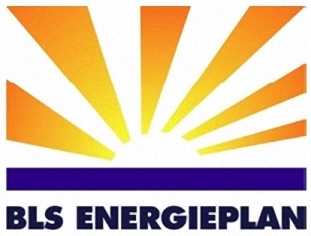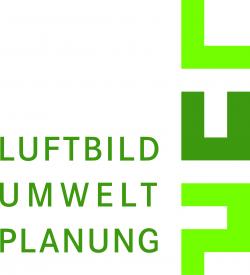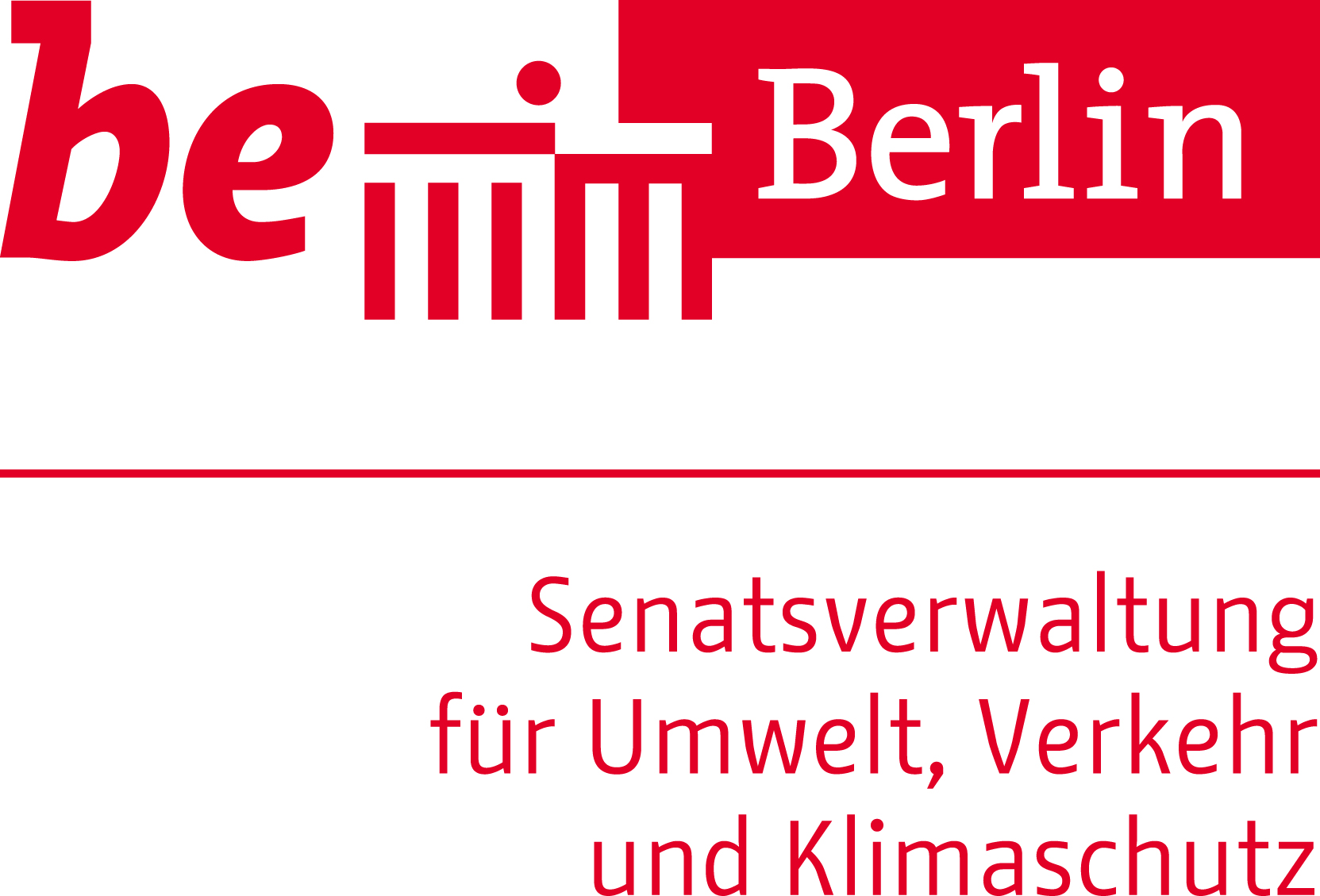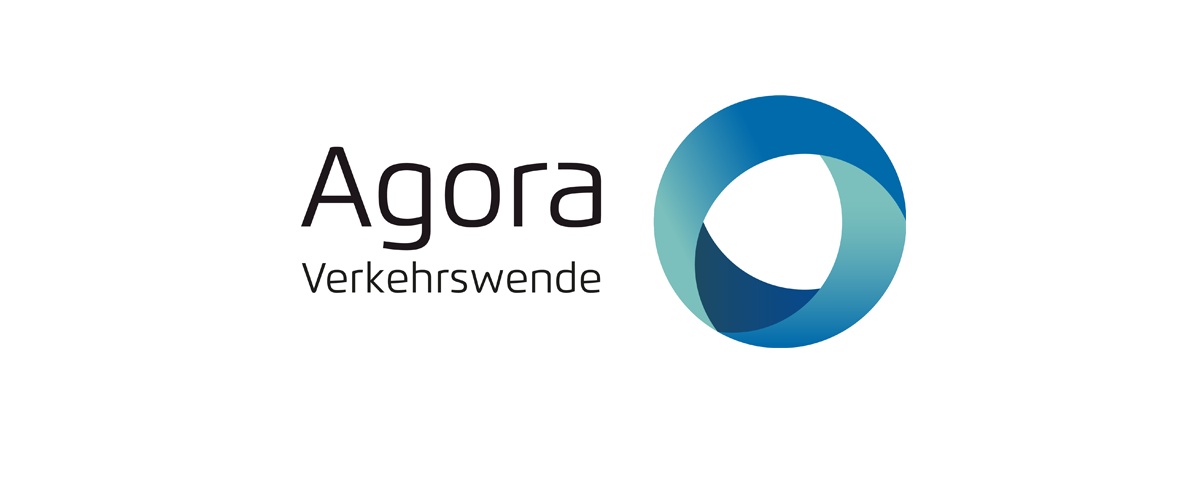
Agora Verkehrswende study co-authored by RLI: Municipalities are responsible for the expansion of charging infrastructure
14. July 2020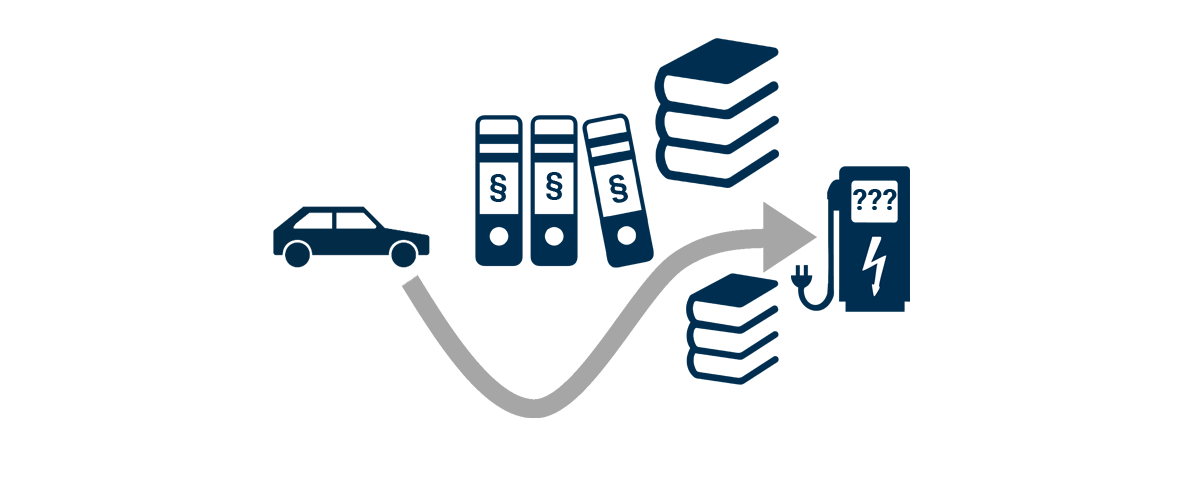
New DIN guideline for setting up charging infrastructure
3. August 2020Feasibility study: Berlin’s contribution to the Paris Agreement Goals
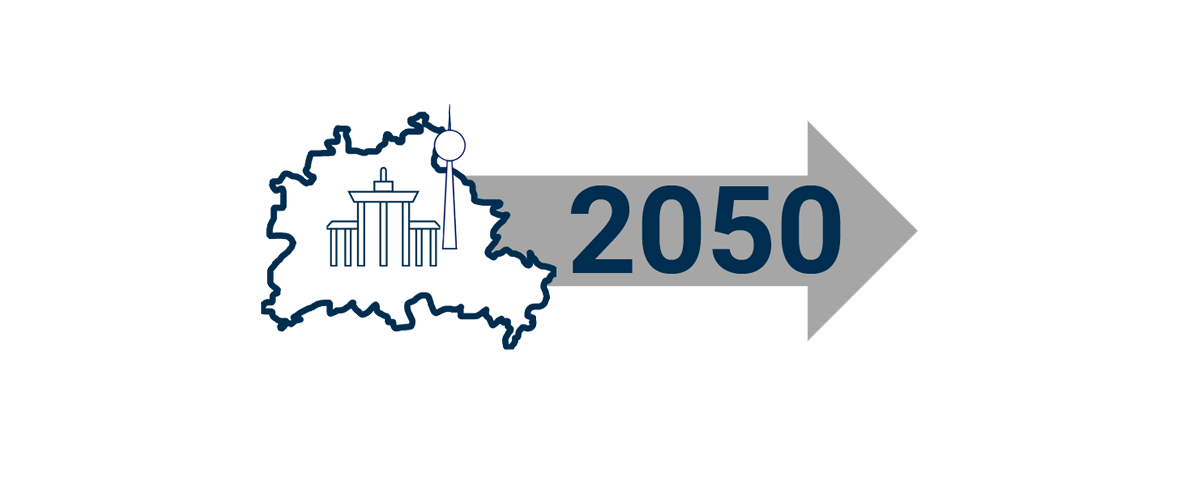
In this project, RLI is investigating the possibilities of the federal state of Berlin to reduce CO2 emissions in the transport sector and thus to become "paris-compliant" by 2050 at the latest.
The Paris Convention is the successor to the Kyoto Protocol. It was signed on 12 December 2015 at the UN Climate Change Conference (COP21) by 195 countries and includes a global action plan to limit global warming to well below 2°C, preferably 1.5°C compared to pre-industrial levels. To achieve this goal, each country must take measures to reduce its CO2 emissions.
Where can Berlin save how much CO2 in which sector?
The federal state of Berlin must also become active in order to make its contribution regarding CO2 reduction. Within this feasibility study, appropriate and at the same time reasonable reduction targets for metropolitan areas in industrialized countries – such as Berlin – are to be defined. To this end, the project partners will develop scenarios for the following fields of action:
Transport sector has great potential for reducing emissions
The RLI will examine the field of action transport – a sector that has contributed very little to the reduction of CO2 emissions to date and which has a correspondingly high potential. The volume of traffic in Berlin and the forecast development of the individual modes of transport, such as air travel, motorized private transport, public transport, inland waterways, cycling, and walking, will be analyzed. In accordance with the scenarios for 2030, 2040, and 2050, a CO2 budget for the transport sector is calculated and it is examined which measures, such as the expansion of public transport and cycling or the spread of e-mobility, could be used to achieve these goals.
For all fields of action, workshops with experts for the respective fields of action will take place during the project period, in which they will be able to make assessments of the possible measures. The project is led by the Institute for Ecological Economy Research (IÖW). Other project partners besides RLI are BLS Energieplan GmbH, LUP – Luftbild Umwelt Planung GmbH, and IFOK GmbH. The study is funded and commissioned by the Berlin Senate Department for Environment, Transport and Climate Protection.
Project duration: May 2020 – February 2021
The Paris Convention is the successor to the Kyoto Protocol. It was signed on 12 December 2015 at the UN Climate Change Conference (COP21) by 195 countries and includes a global action plan to limit global warming to well below 2°C, preferably 1.5°C compared to pre-industrial levels. To achieve this goal, each country must take measures to reduce its CO2 emissions.
Where can Berlin save how much CO2 in which sector?
The federal state of Berlin must also become active in order to make its contribution regarding CO2 reduction. Within this feasibility study, appropriate and at the same time reasonable reduction targets for metropolitan areas in industrialized countries – such as Berlin – are to be defined. To this end, the project partners will develop scenarios for the following fields of action:
- Energy
- Buildings
- Traffic
- Economy
- Private households and consumption
Transport sector has great potential for reducing emissions
The RLI will examine the field of action transport – a sector that has contributed very little to the reduction of CO2 emissions to date and which has a correspondingly high potential. The volume of traffic in Berlin and the forecast development of the individual modes of transport, such as air travel, motorized private transport, public transport, inland waterways, cycling, and walking, will be analyzed. In accordance with the scenarios for 2030, 2040, and 2050, a CO2 budget for the transport sector is calculated and it is examined which measures, such as the expansion of public transport and cycling or the spread of e-mobility, could be used to achieve these goals.
For all fields of action, workshops with experts for the respective fields of action will take place during the project period, in which they will be able to make assessments of the possible measures. The project is led by the Institute for Ecological Economy Research (IÖW). Other project partners besides RLI are BLS Energieplan GmbH, LUP – Luftbild Umwelt Planung GmbH, and IFOK GmbH. The study is funded and commissioned by the Berlin Senate Department for Environment, Transport and Climate Protection.
Project duration: May 2020 – February 2021
In this feasibility study, RLI is responsible for the analysis of the transport sector:
- Research of data for energy consumption in the field of transport
- Determination of specific framework conditions and key factors with relevance for trend development (e.g. expansion of charging infrastructure, expansion of the cycle path network, etc.)
- Development of a trend of energy consumption in transport for the next years
- Development of strategy and action recommendations for the field of action traffic to achieve paris conformity
- Participation in workshops, involvement of experts






